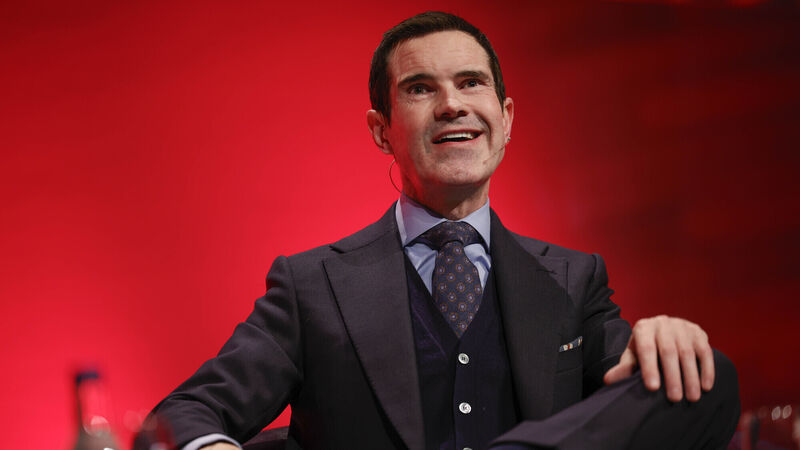Whatever happened to shaming people for selling out?

Comedian Jimmy Carr is performing in Saudi Arabia. Somewhere along the way, we stopped being ashamed of selling out and flaunting wealth. Picture Conor McCabe Photography.
As I type this, several famous comedians are in Saudi Arabia, to perform at the Riyadh Comedy Festival. Kevin Hart (estimated net worth, US$450m), Aziz Ansari ($25m), Dave Chappell ($70m and many more Western comics are performing this week in a country that holds an “abysmal” human rights record, according to Human Rights Watch.
Other comedians performing at this festival include Louis CK, Jack Whitehall, Chris Tucker, and Irish-born comics Jimeoin and Jimmy Carr.













